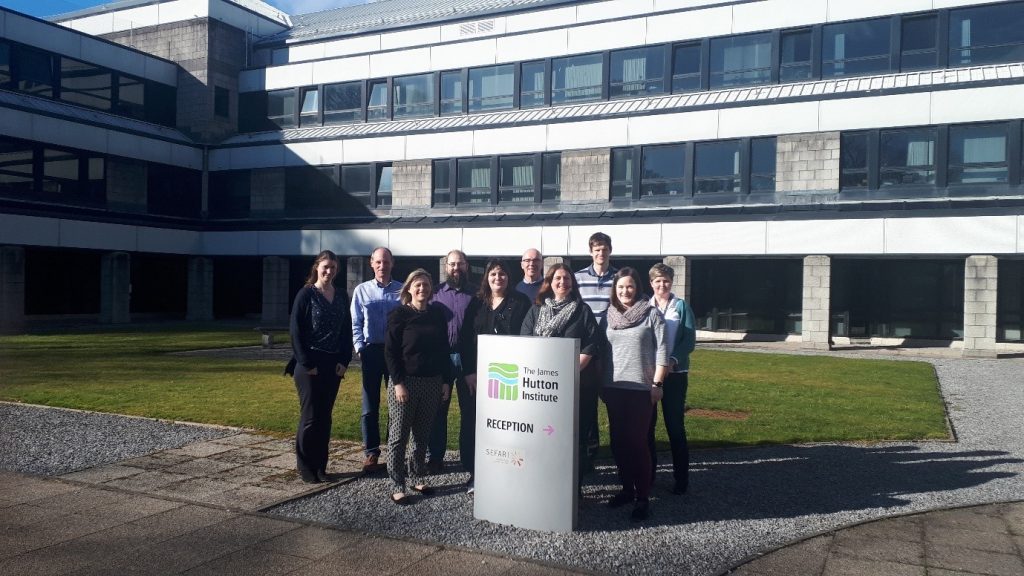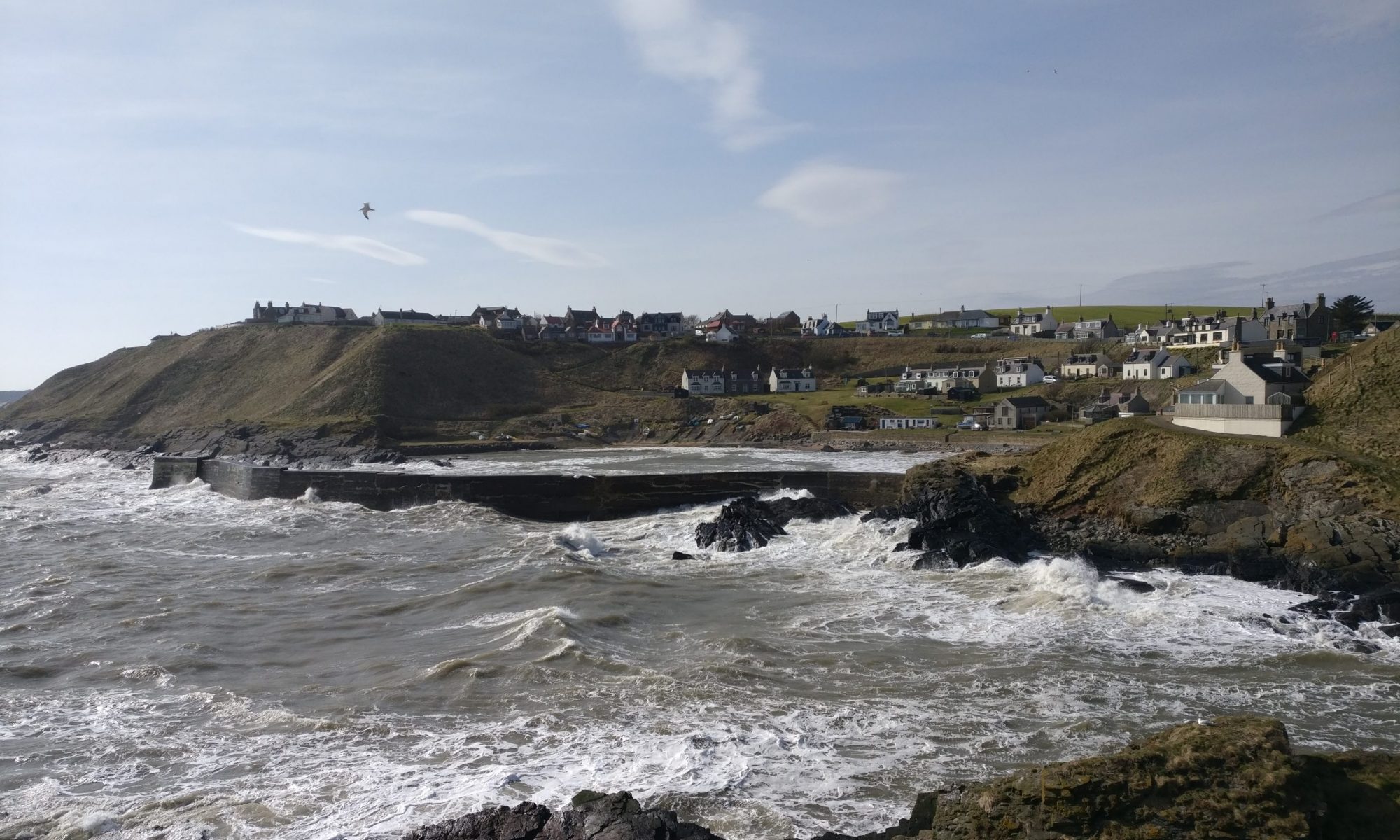Contributed by Jonathan Hopkins (The James Hutton Institute), Andy Sarjeant (HIE) and Eilidh MacDonald (HIE)
As part of a project funded by the SEFARI Responsive Opportunity Initiative, researchers from the Social, Economic and Geographical Sciences Group at the James Hutton Institute and Biomathematics & Statistics Scotland have begun working with researchers, economists and policy staff within HIE’s Planning and Partnerships team, to create new knowledge about the characteristics of inclusive growth within the Highlands and Islands.
Inclusive growth is of high policy interest in Scotland. It is one of four priorities within the Scottish Government’s Economic Strategy and “…delivering inclusive growth across all of Scotland” has been highlighted in the Economic Action Plan for 2019-20. It is the key aim of Regional Growth Deals, and is an objective of City Region Deals and the Government’s strategy for island regions. More broadly, the UK is marked by major and growing regional inequality which will require widespread effort and considerable policy change to address. However, a recent review has noted that while a growing focus on inclusive growth by governments is a positive development, and its broad concern with the distribution of economic benefits is understood, it remains “…conceptually fuzzy and operationally problematic” and how it can be achieved is not well known. This is reflected by experiences in Scotland, as a report published last year for the Poverty and Inequality Commission described uncertainty among practitioners over the meaning and measurement of inclusive growth, noting bluntly that there “…is a lack of a clear, consistent or applied definition of inclusive growth”. The need for improved evidence and data around inclusion within rural Scotland is also apparent.
It is in this context that Highlands and Islands Enterprise (HIE): the economic and community development agency for the Highlands and Islands of Scotland, are interested in better understanding how their place-based activities and investments are contributing to inclusion. Discussions with social scientists at the James Hutton Institute with a collective experience in place-based policy and research in remote and island communities, as well as indicator-based analysis and an interest in measuring inequality, led to the ToWards Inclusive Growth (TWIG) project which started at the start of February.
A key aim of the project is to support HIE’s development of a set of typologies for the Highlands and Islands that groups areas with similar characteristics in terms of inclusion and prosperity. Outputs from the project will include detailed area profiles reflecting local characteristics, informed by specific challenges and opportunities facing communities. Set against a wider economic context, the typologies and underpinning evidence base will provide a more granular picture of inclusive growth in the region and importantly will inform the interventions required to support inclusive growth over the long-term. To inform this work, and to support strategic research on place-based policy, a new cross-institute research and information-sharing network has been created between HIE, the James Hutton Institute and BioSS, and an engagement workshop was held on the 3rd March. During the workshop, facilitated discussions took place on participants’ current understanding of inclusion and inclusive growth, characteristics and frameworks needed to measure the concept, issues with data gaps and measurement, and the challenges presented by the geography of the Highlands and Islands. From these discussions, we collectively prioritised issues and identified key ‘SMART’ tasks to take forward within the project, in order to produce inclusive growth-based area profiles. The ‘after lunch’ session involved a planning activity, in which we defined a logical order for the tasks, and discussed how we will work together in the next one and a half months.

Further engagement will take place in March. To formally conclude the project, the Highlands and Islands area profiles and ‘lessons learned’ from this work will be shared and discussed at an online event (timing and format to be finalised). This will benefit from the involvement of the Rural Policy Centre at SRUC and stakeholders and practitioners with an interest in inclusive growth; community and regional development organisations will be invited to participate.
The team are encouraged by a very positive and constructive workshop in Aberdeen, and we hope that our work will contribute to a greater understanding of inclusive growth in the Highlands and Islands, as well as across Scotland more widely, and inform improved policy and investment decisions. Further updates on the project will appear on https://researchontheedge.org/, but if you would like to discuss this project or would like any further information, please contact jonathan.hopkins@hutton.ac.uk and andy.sarjeant@hient.co.uk or eilidh.macdonald@hient.co.uk.


